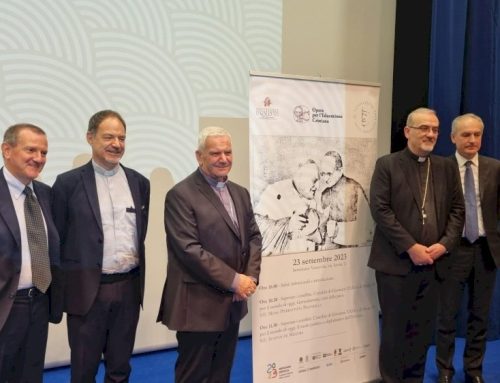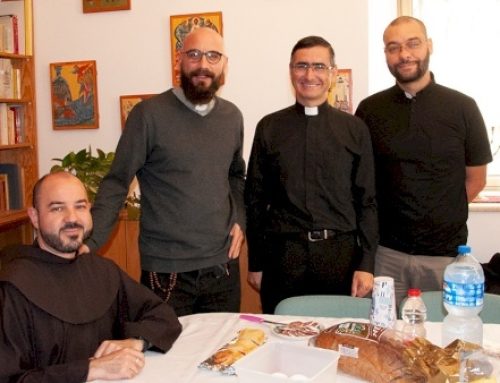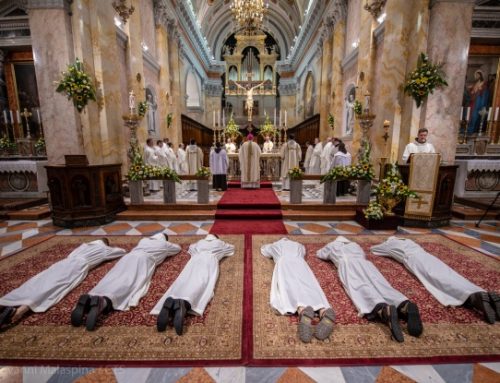Jerusalem: A Breaking-Down Point or a Meeting Place?
From Nov. 26 to 28, I participated in an international conference, sponsored by the Academy of the Kingdom of Morocco, entitled: “Jerusalem: A Breaking-Down Point or a Meeting Place?” Participants included academics, journalists and religious and political leaders from throughout the Arab world, Europe, Israel and the United States.
The Arab and Islamic position on Jerusalem is very basic: There can be no final status resolution of Jerusalem without the participation and approval of the Arab and Islamic community due to its deep-seated historic and religious ties to the city.
Under Islamic rule (636-1918), Jews were allowed to return to Jerusalem for the first time since their expulsion in AD 70, and both Christians and Jews were given equal protection under the law (Covenant of Omar). Throughout that period, Muslims, Jews and Christians lived in peace and harmony in Jerusalem.
Since Israel took control of the entire city in 1967, the United Nations has passed more than a half dozen resolutions critical of Israeli occupation and calling for the return of East Jerusalem to the Palestinians. Israel has implemented none of these resolutions.
In my speech, I referred to a 1996 Methodist Church Resolution on Jerusalem that lists several negative Israeli policies, such as confiscation of Palestinian land, closures that prevent Palestinians from traveling to Jerusalem to visit holy shrines (even during Christmas and Ramadan) and the denial of basic services from taxpaying Palestinian neighborhoods. As an example of the latter policy, I cited a recent documentary video on Jerusalem that contrasted the city services received by Jewish and Palestinian neighborhoods. An Israeli Jerusalem City Council member interviewed in this video estimated that while Palestinians pay between 25-30 percent of total municipal taxes, they receive only about 5-6 percent of total city services.
I concluded my speech by recommending that both Arabs and Jews follow the Second Commandment: Love thy neighbor as thyself. At a minimum this means mutual respect for one another’s human rights and religious beliefs. This can only be achieved if Jerusalem is open to all and shared equally by all, without any exclusivity by either side.



